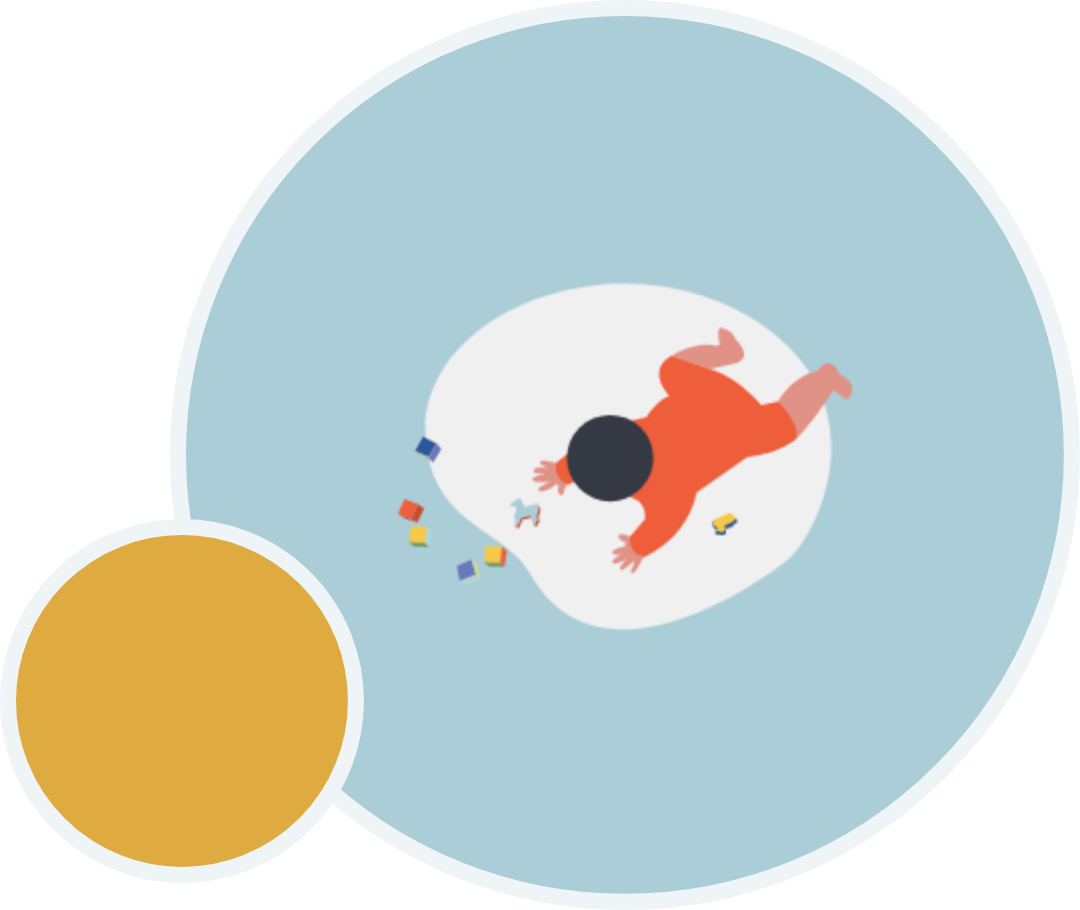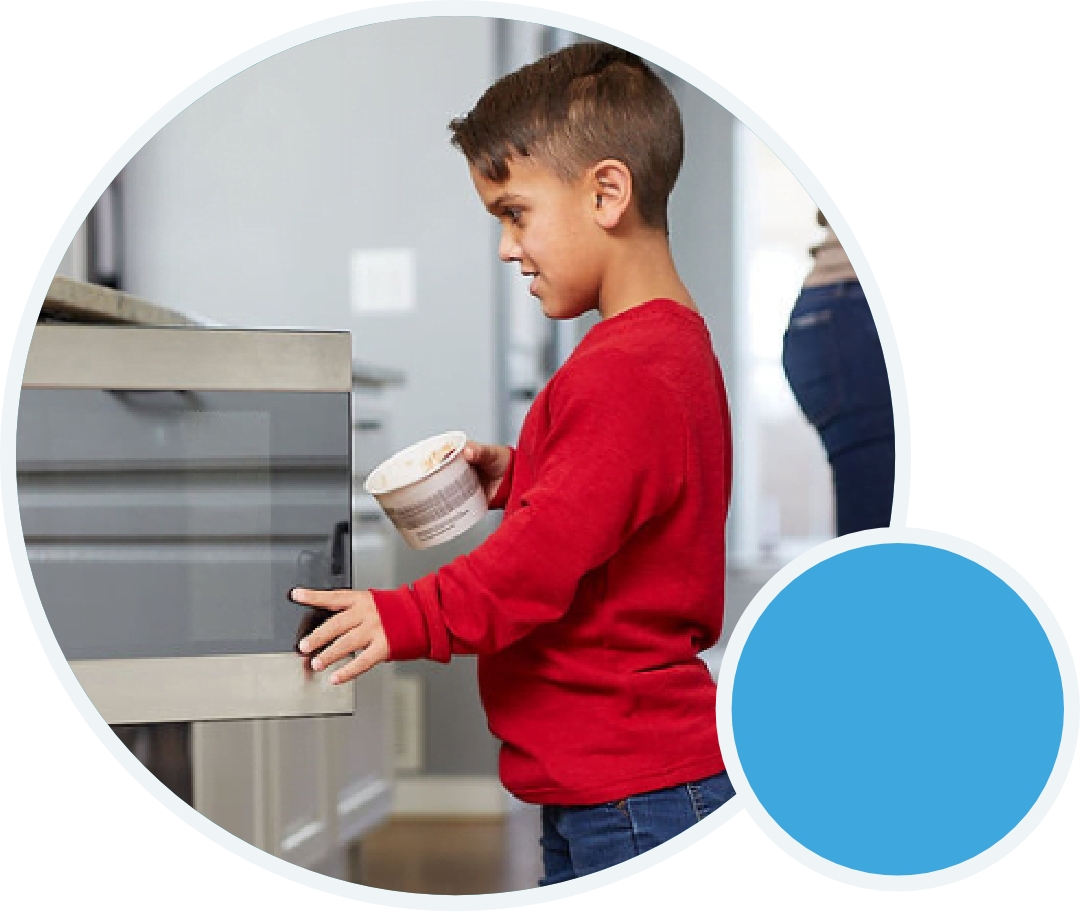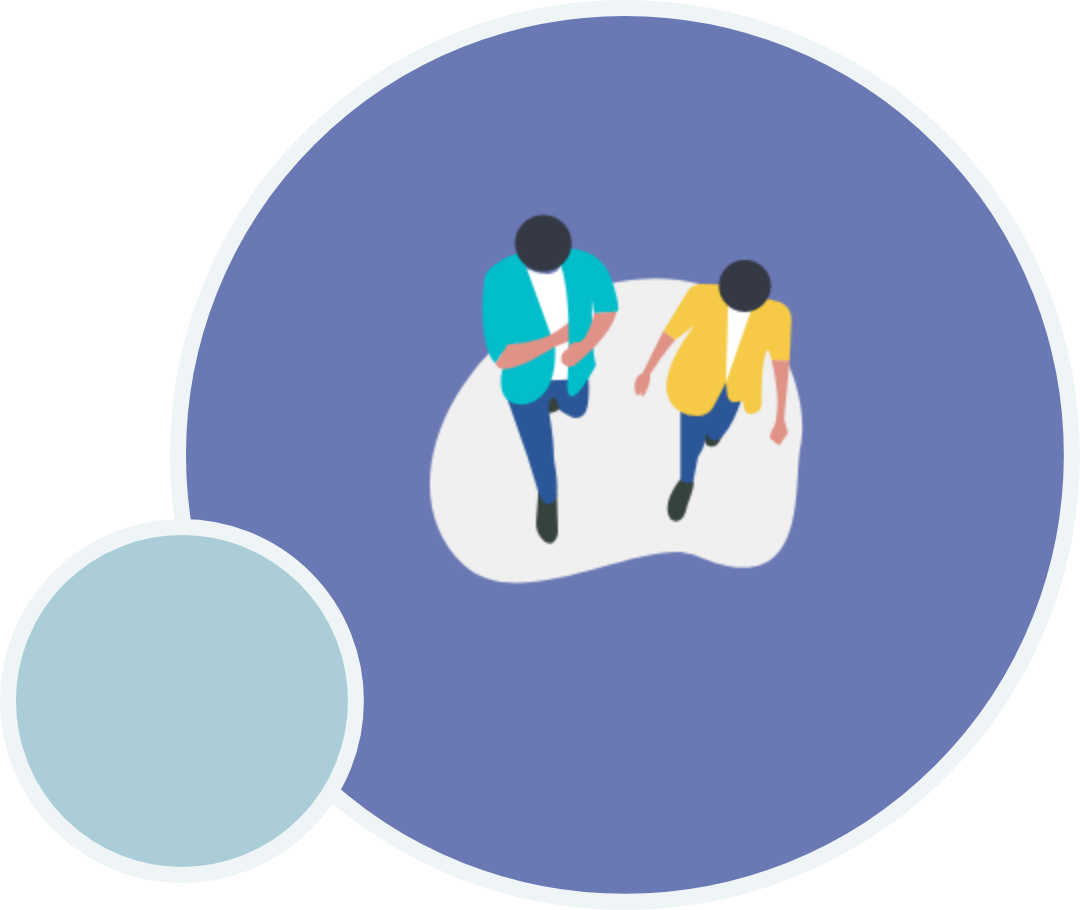Stay in the know
Get updates on managing achondroplasia, ongoing research, and stories from others in the community.
It is important to work with a surgeon and anesthesiologist who have experience treating people with achondroplasia. This is because of the special considerations needed to reduce the risks of complications associated with airway management and other anatomical differences.
Expert medical care is just one part of caring for a child with achondroplasia. There are also practical considerations, from keeping your infant safe to accommodating the physical needs of your school-age child. Taking proactive steps and turning to others for support can help. You can share this information with your child’s pediatrician, who may be less familiar with achondroplasia than the specialists your child sees.
The early months of your baby’s life require extra attention. This is because of potentially serious complications that can happen in that first year. You can help protect your infant by following your doctor’s advice and some basic guidelines. Many of these are common-sense tips for the safety of all babies:
Ask your skeletal dysplasia specialist for recommendations for the best types of swings, car seats, and other supportive devices for infants with achondroplasia. Be sure to talk to your doctor for medical advice on how to best protect your infant.


A hallmark of growing up is independence. As children get older, they want to do more on their own—at home, in school, and out in the world. Some simple adaptations to your child’s environment can help them achieve independence and do things for themselves. It’s important to be proactive and reach out to your child’s school about basic adaptations that can help.
The adolescent years are tough. From peer pressure to insecurities, teenagers go through a lot. These years can create unique challenges for a teenager with achondroplasia, who may feel different, left out, or bullied. Sadly, social challenges cause some teens with achondroplasia to experience depression or anxiety.
These challenges can carry into adulthood. It’s important to connect with resources that can offer psychological and social support, such as mental health professionals, school counselors, and advocacy groups.
Local chapters of advocacy groups also offer support groups so families can connect with one another.

Get updates on managing achondroplasia, ongoing research, and stories from others in the community.